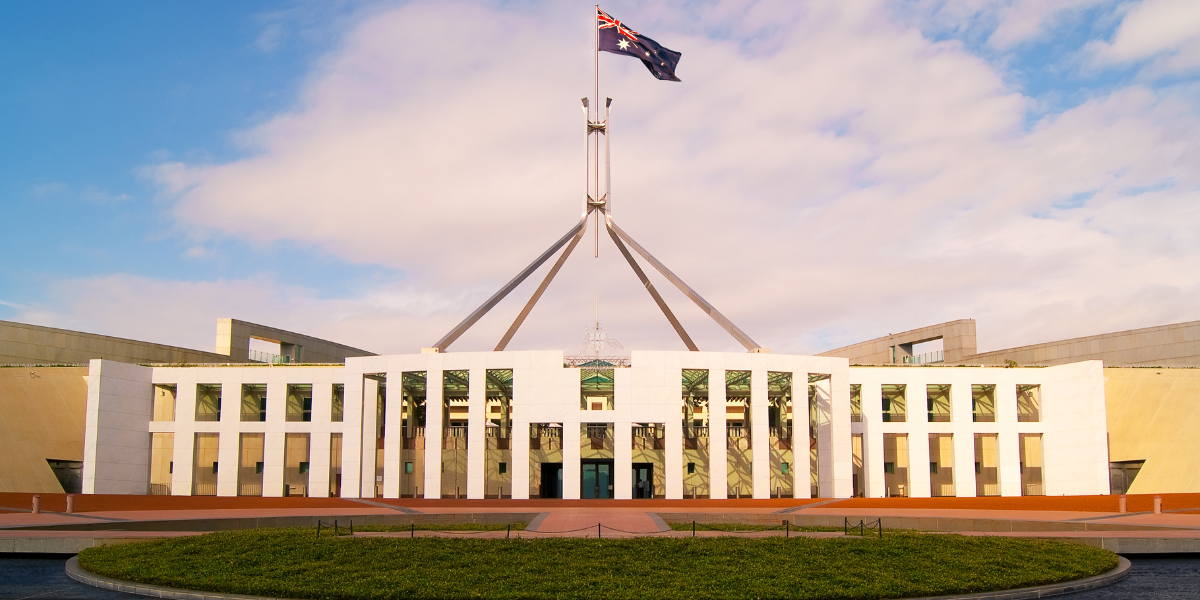Australia-Switzerland new tax treaty has entered into force on 14 October 2014. The treaty, which was signed on 30 July 2013, replaces the existing Australia-Switzerland tax treaty which was signed in 1980. The new treaty will encourage further cross-border investment flows and enhance the strong economic relationship between Australia and Switzerland. Importantly, the new treaty enables the revenue authorities of Australia and Switzerland to exchange taxpayer information for the purpose of addressing tax evasion. This is consistent with both Governments’ support for ongoing OECD and G20 initiatives aimed at improving tax transparency and tax system integrity. The provisions of the new treaty will take effect as specified in the treaty itself. In relation to cross-border payments of dividends, interest and royalties, new rates of source country taxation will apply from 1 January 2015. In relation to fringe benefits tax and other Australian taxes covered, the new treaty will take effect for taxation years commencing on or after 1 April 2015 and 1 July 2015 respectively. In relation to Swiss taxes covered, the new treaty will take effect for taxation years commencing on or after 1 January 2015.
Related Posts

IMF Report Recommends Tax and Spending Reforms for Australia
On 15 February 2026 the IMF issued a report following consultations with Australia under Article IV of the IMF’s articles of agreement. Economic growth increased to 2.1%, year on year, in the third quarter of 2025, as private demand recovered,
Read More
Australia consults amendments to minimum tax regime in line with OECD administrative updates
Australia's Treasury has initiated a public consultation on proposed amendments to the Taxation (Multinational—Global and Domestic Minimum Tax) Rules 2024 from 16 February - 13 March 2026. The draft amending rules, titled the Taxation
Read More
Australia: ATO publishes 2026 supplementary annual GST return
The Australian Taxation Office has published the 2026 Supplementary annual GST return along with its supporting instructions on 16 February 2026. The supplementary annual GST return (SAGR) is an annual reporting requirement for Top 100 and Top
Read More
Australia: ATO updates monthly foreign exchange rates for the 2025–26 income year
The Australian Taxation Office (ATO) has updated its foreign exchange rate guidance, which includes Monthly exchange rates for 1 July 2025 to 30 June 2026, and monthly rates for October, November, and December 2025, and January 2026. As per the
Read More
J5 warns OTC crypto desks and processors enable tax evasion, money laundering
The Joint Chiefs of Global Tax Enforcement (J5) published two law enforcement advisories on 11 February 2026 that detail how over-the-counter (OTC) cryptocurrency trading desks and cryptocurrency payment processors may be used to obfuscate and move
Read More
Australia: ATO confirms formalisation of GIR MCAA agreement
The Australian Taxation Office has updated its global and domestic minimum tax guidance on 9 February 2026 to reflect Australia's signing of the Multilateral Competent Authority Agreement on the Exchange of GloBE Information Return (GIR MCAA), which
Read More









